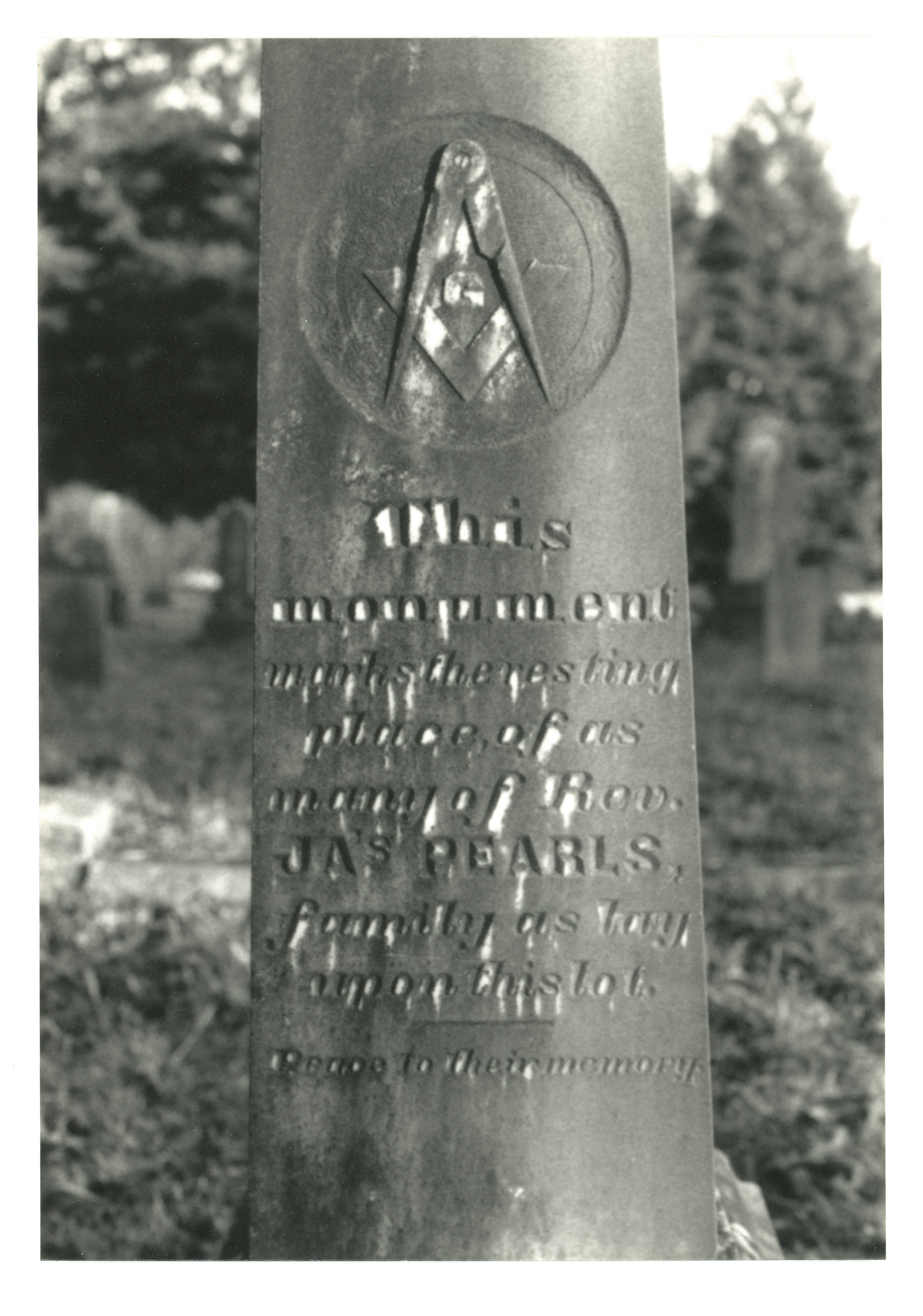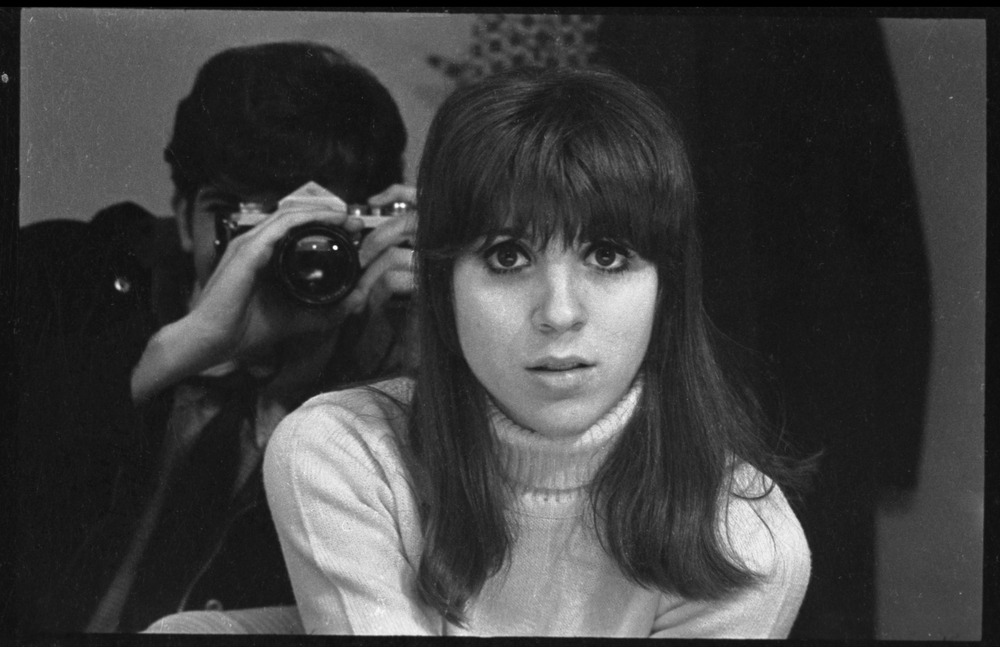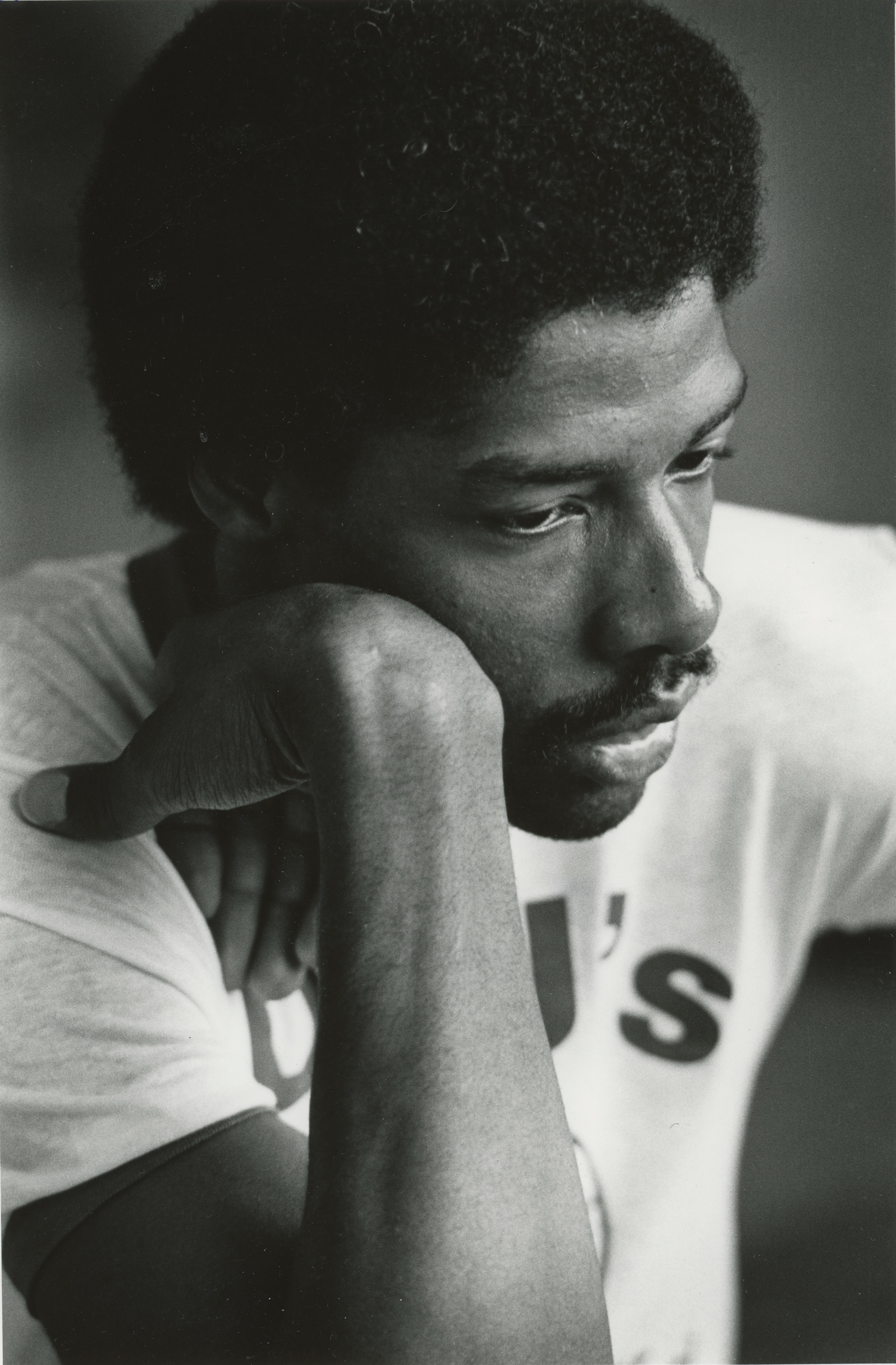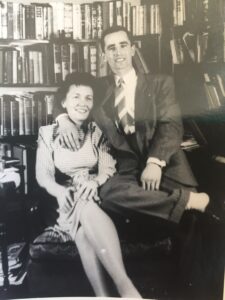Thacher-Channing Family Papers
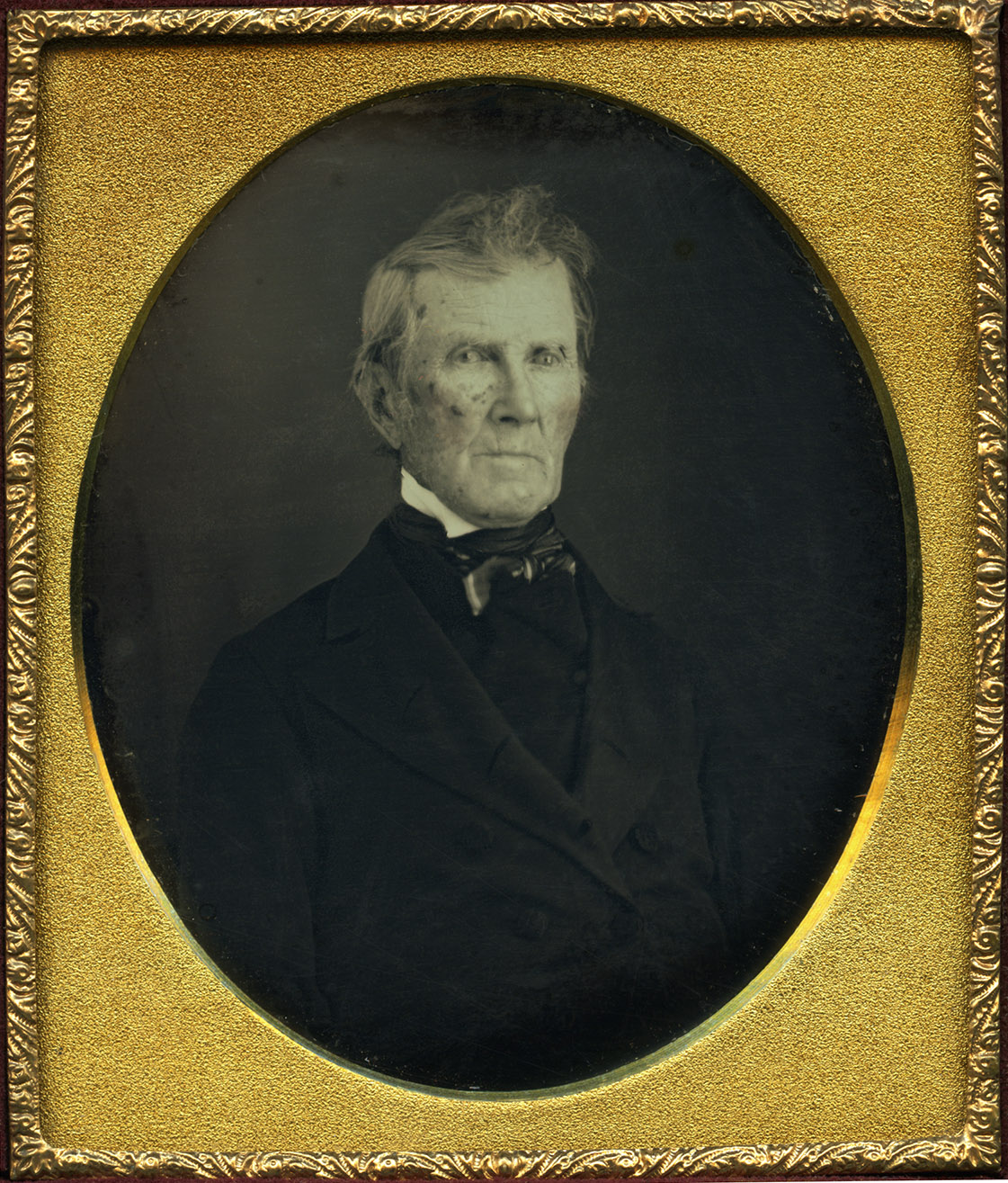
A graduate of Yale, failed schoolmaster, and politically-connected customs collector in eastern Maine during the antebellum period, Stephen Thacher raised a large family with grand intellectual ambitions. Thacher’s sons made the most of their collegiate educations in their careers in law and the ministry, his eldest daughter Mary married Thomas Wentworth Higginson, while a granddaughter Alice Thacher married the Harvard historian Edward Channing, son of William Ellery Channing and nephew of Margaret Fuller.
These relics of a prominent New England family contain nearly 150 letters, dozens of photographs and other visual materials, and a large assortment of books from three generations of Thachers and Channings. The letters are a rich resource for understanding the life of Stephen Thacher from the uncertainty of youth in Connecticut to political and financial success in the ports of eastern Maine. Assembled by Stephen’s son Peter, the collection includes a number of noteworthy items, including an excellent letter from Timothy Goodwin in July 1775, describing his experiences during the failed expedition on Quebec and the retreat to Crown Point, and a series of letters from Congressman Martin Kinsley on the major issues of the day, including the extension of slavery to the territories and formation of the state of Maine.

